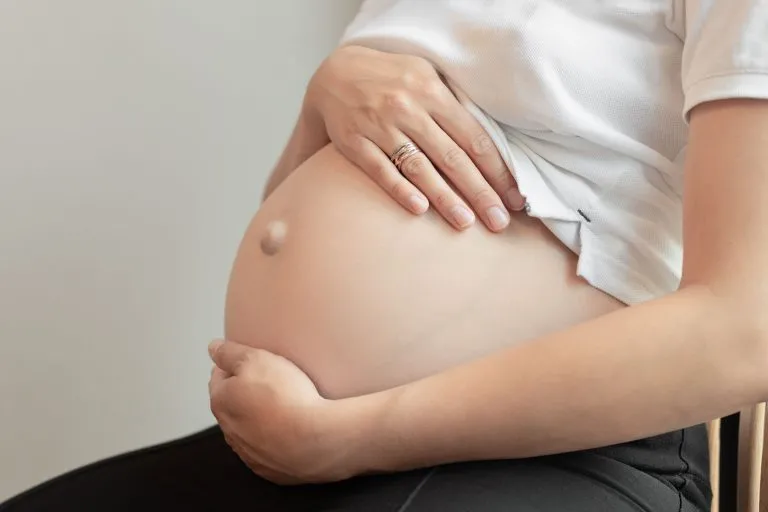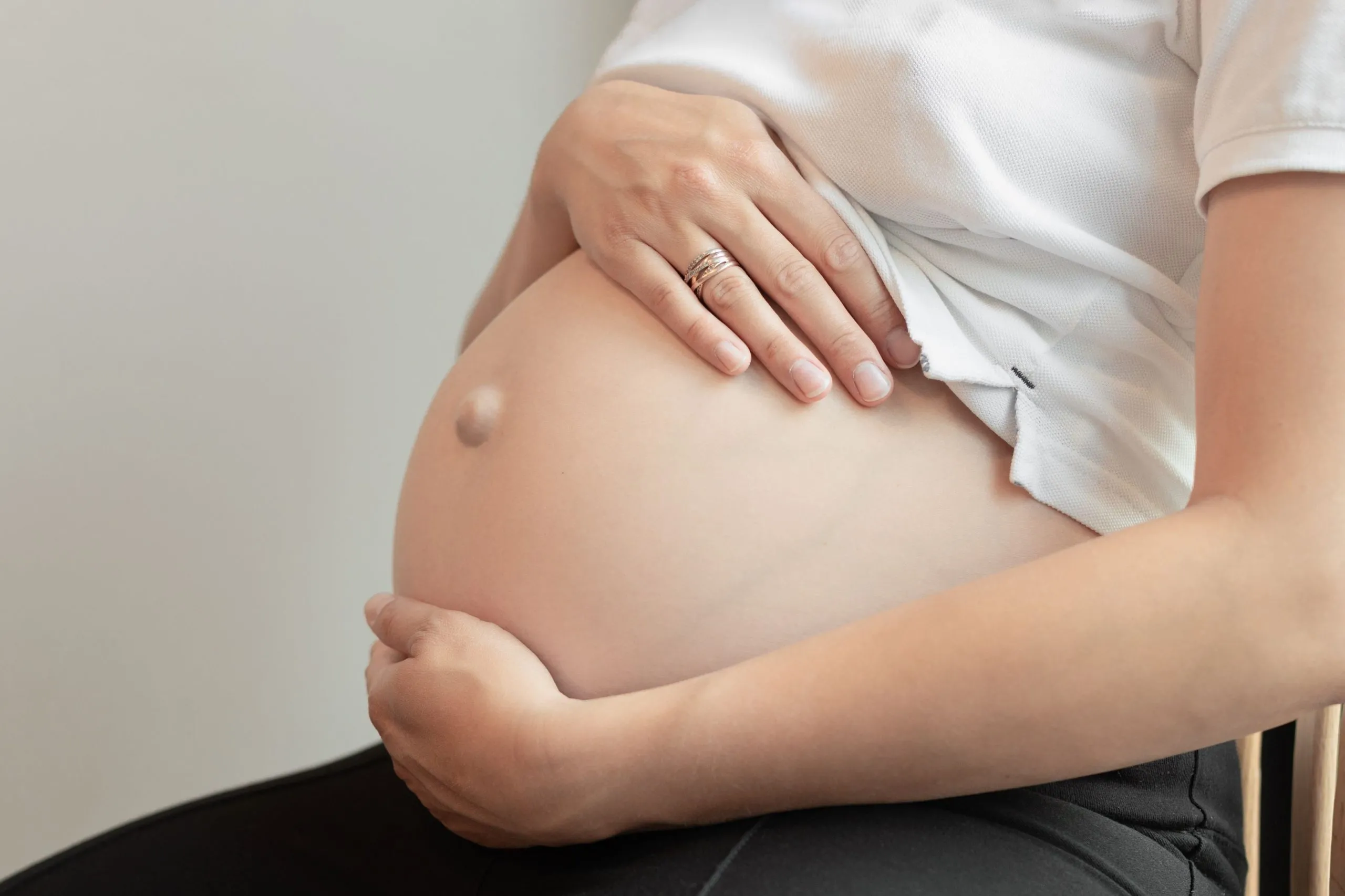Constipation during pregnancy is a common issue for expectant mothers and causes uncomfortable symptoms. However, it is a widespread phenomenon closely linked to the physiology of pregnancy. Treating digestive disorders during pregnancy is not difficult, but it requires consistency.
Constipation can occur at any stage of pregnancy, but it is most common in the second and third trimesters. Long gaps between bowel movements cause not only discomfort but can also lead to hemorrhoids. To prevent constipation, it is advisable to pay attention to your diet from the start of pregnancy.
What causes digestive problems during pregnancy?
Constipation during pregnancy is a frequently reported complaint, mainly caused by the physiology of pregnancy and several consecutive phenomena. Constipation typically occurs due to hormonal changes in the pregnant woman’s body that weaken the intestinal muscles. The elevated level of progesterone, a hormone that relaxes the digestive tract and ensures that the food mass moves more slowly through the lower part of the intestines, is especially important.
Constipation during pregnancy can also be caused by the growing uterus, whose walls press on the intestines and affect intestinal function. Digestive issues also often arise due to an unhealthy diet. Digestive disturbances are primarily caused by hard-to-digest and irregular meals that are high in carbohydrates and low in fiber and water. Sweet snacks and carbonated beverages containing synthetic dyes, thickeners, and other substances also play a significant role in the development of constipation. Another factor could be the use of dietary supplements, such as iron for anemia. Limited physical activity and a passive lifestyle can also contribute to constipation.
Digestive issues are most common in the second and third trimesters, although constipation can also occur at the beginning of pregnancy. Long gaps between bowel movements cause discomfort and can also lead to hemorrhoids. Bowel movements are crucial for health, as the body gets rid of undigested food remnants, bacteria, and toxic substances like nitrogen and phosphorus in this way. To ensure regular and proper digestion during pregnancy, attention should be paid to the quality of diet and activity levels from the beginning of the first trimester.
Constipation in early and advanced pregnancy – Symptoms
The symptoms of constipation primarily include more difficult or less frequent bowel movements, as well as a feeling of heaviness and fullness due to accumulated gas, which cannot escape because of hardened stool. Bloating, a hard lower abdomen, and even abdominal pain are also common. Digestive problems during pregnancy can also lead to additional concerns.
What helps with constipation during pregnancy? Methods for regular bowel movements
Home remedies for constipation during pregnancy mainly include a balanced diet rich in fiber. The recommended amount for expectant mothers is about 25 – 40 g per day. However, you should not exceed this daily amount to avoid causing larger problems paradoxically. Regular bowel movements during pregnancy can be achieved by consuming whole grains like whole wheat bread or cereals such as buckwheat, barley, and rice. Fresh and dried fruits, as well as vegetables like prunes, pumpkin seeds, apples, or celery, should also be included in the diet. Of course, dairy products like kefir, yogurt, or buttermilk are essential as well. An indispensable remedy for constipation during pregnancy is water, which hydrates the body. Regular, light physical activity can also help alleviate or significantly reduce digestive issues. During pregnancy, dancing, walking, swimming, yoga, and Pilates are safe options. For acute relief, glycerin suppositories and enemas can also be used.











